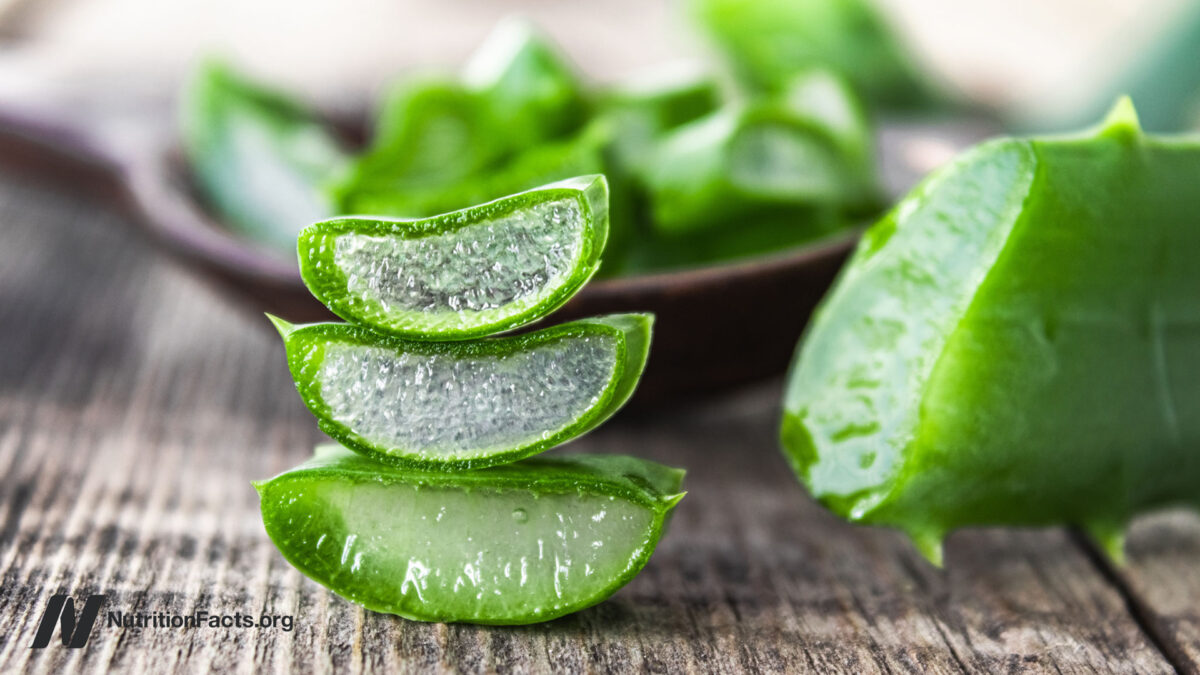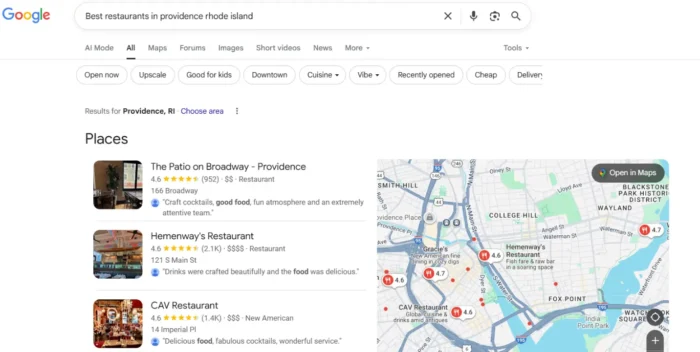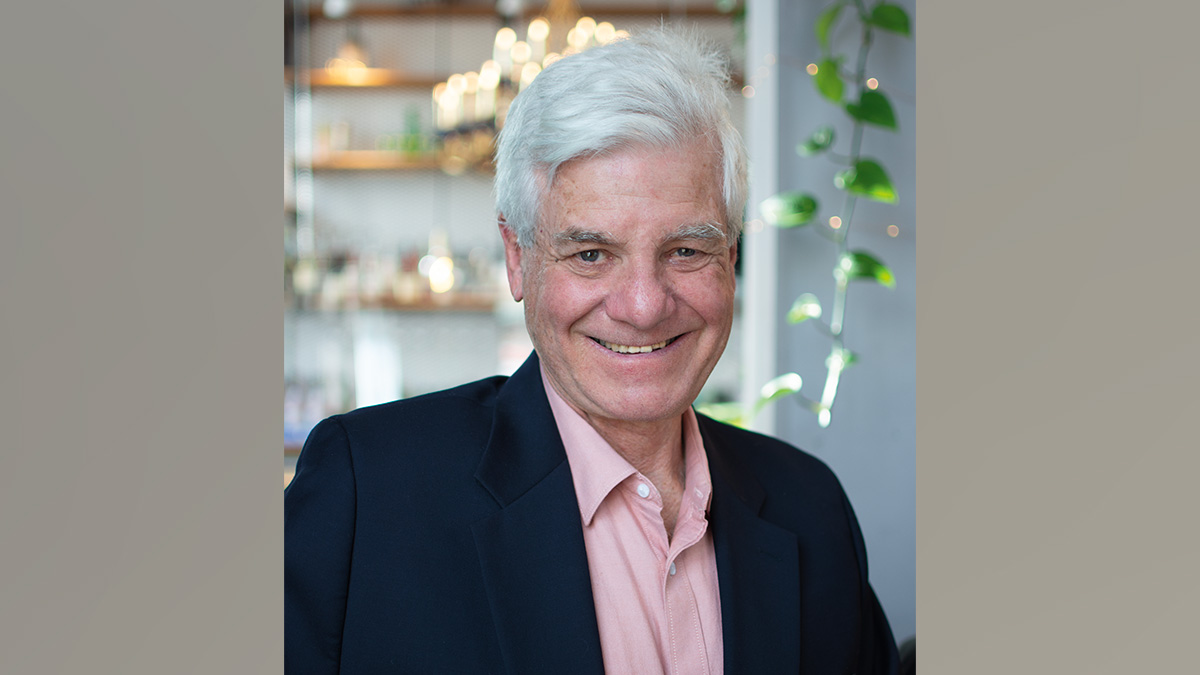‘I’m a dietitian and this is why I shudder at the term ‘clean eating”
Three reasons our dietitian thinks you should forget about the so-called healthy eating phenomenon.

Three reasons our dietitian thinks you should forget about the so-called healthy eating phenomenon.
On a health kick? Chances are you’re trying to ‘eat clean’.
You know, eat more whole foods and less processed ones. And while you might expect me, a dietitian, to wholeheartedly embrace the clean eating phenomenon, I actually vehemently disagree with it.
Here’s three reasons why I’d encourage you to erase the term ‘clean eating’ form your vernacular.
Like what you see? Sign up to our bodyandsoul.com.au newsletter for more stories like this.
1. Food is not ‘dirty’
The term ‘clean eating’ implies that some foods are ‘good’ and some foods are ‘naughty’ or ‘bad’. The reality, however, is that foods don’t have a moral compass – food is just food, and all foods can fit within a healthy diet.
Putting foods into either a ‘healthy’ or ‘unhealthy’ basket can lead to feelings of shame or guilt when you choose something from the latter, and that’s not part of a truly healthy relationship with food.
2. ‘Clean eating’ is not sustainable
Of course, some foods are more nutritious than others, and I would always encourage you to eat nutritious, whole foods most of the time. It’s impractical, however, to think that you’re never going to eat chocolate, cake or hot chips ever again, so there’s no point in enduring doomed periods of depriving yourself from them.
Instead, it’s far healthier to focus on ‘balance’ and accept that these foods are a normal part of life. (Plus, they’re delicious).
3. ‘Clean eating’ is a diet in disguise
You mightn’t think of ‘clean eating’ as a typical fad diet... but the truth is, it is a diet – and diet’s just don’t work. That’s because they put you in a mind frame where you’ve got a strict list of foods you supposedly ‘can’t’ consume, which ultimately makes you crave those foods more than ever before.
While your willpower might last a little while, it will eventually run out, and you’ll end up binging on the restricted food/s, which you’ll feel awful about it. So, you’ll vow to start your diet again and be better next time round – but the cycle repeats itself over and over again, and you never really get anywhere.
What to do instead of ‘clean eating’
If you are serious about changing your health and wellbeing for good, it’s time to let go of the perfectionism that clean eating implies.
Instead of following a restrictive set of clean eating rules, here’s my top seven healthy eating tips I’d encourage you work on overtime, so you end up the healthiest version of yourself without feeling deprived:
Eat more vegetables. Breakfast, lunch, dinner and snacks, sneak in veggies anywhere and everywhere you can. Follow the healthy plate model. That’s half a plate of veg, a quarter of a plate of protein and a quarter of a plate of quality carbs at each main meal. Swap refined grains for whole grains. Think: wholegrain bread over white bread, rolled oats over sugary brekky cereal. Brown rice over white rice. Choose water most of the time. Your goal is at least two litres a day. Cook at home more. By doing so, you’re more likely to eat sensible portions and less unhealthy salt, saturated fats and added sugars. Practice mindful eating. Every time you sit down to eat, try to be distraction free and pay attention to all of your senses (taste, texture, smell, sight and sound). And last but not least, treat yourself. Give yourself permission to enjoy your favourite foods, occasionally and in moderation – and wholeheartedly enjoy every single mouthful.Melissa Meier is a Sydney-based accredited practising dietitian. You can follow her on Instagram @honest_nutrition.
Any products featured in this article are selected by our editors, who don’t play favourites. If you buy something, we may get a cut of the sale. Learn more.

 AbJimroe
AbJimroe 
































